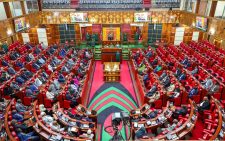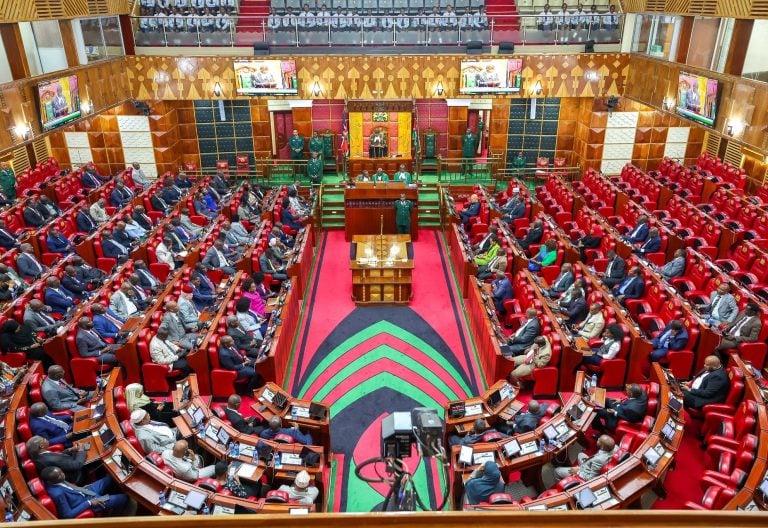Blaming credit rating agencies won’t fix economic woes

In one of his recent commentaries in a local daily, Kenya Revenue Authority (KRA) Chairman Ndiritu Muriithi argued that international credit rating agencies unfairly assess African economies by relying too heavily on sentiment rather than objective economic fundamentals.
He referenced the last month’s African Union Summit where the African Peer Review Mechanism (APRM) held a presidential roundtable on the setting up of an African credit rating agency.
While making his remarks at the roundtable, President William Ruto backed the establishment of the African Credit Rating Agency, criticising the international agencies for negative portrayal of Africa’s risk factors.
But is this critique genuine and valid, or does it ignore the fundamental risks that shape these ratings, in yet another tactic by the Kenyan government to apportion blame to a third for their failed policies?
President Ruto’s government has faced increasing criticism since coming into power in 2022, with the discontent growing after the controversial Finance Bill 2024/25.
Much of this criticism has been driven by social media activism, where Kenyans have voiced frustration over governance and economic hardships.
However, the idea that negative sentiment alone is responsible for Kenya’s unfavourable credit ratings is misleading.
While respecting Ndiritu Muriithi as an astute economist, I cannot fail to highlight that in his piece, he fails to acknowledge that the international credit rating agencies rely on hard economic data rather than just market sentiment.
Much of this debate has been ignited by last month’s criticism by APRM of Moody’s latest revision of Kenya’s outlook from negative to positive, which was framed as an admission that the July 2024 downgrade was premature.
Even if the revision indicates some level of reassessment, it does not invalidate the fact that Kenya’s fiscal and economic indicators at the time of the downgrade justified the decision.
If protests or policy shifts undermine investor confidence, leading to market volatility and capital outflows, the resulting economic instability, not the perception itself, drives the rating change.
The government should focus on addressing the root causes of debt stress, revenue shortfalls, and governance inefficiencies rather than searching for scapegoats in the credit rating process.
Despite claims of bias, credit ratings are primarily based on quantitative economic indicators, including GDP growth, debt-to-GDP ratios, fiscal deficits, foreign exchange reserves, and a government’s ability to service debt.
Rating agencies conduct in-depth analyses of these factors to assess the creditworthiness of nations and corporations.
For instance, Fitch’s downgrading of Kenya’s sovereign rating from “B” to “B-” last year was attributed to heightened risks to our public finances after the government backtracked on key revenue measures following the June 25 protests.
They also cited challenges for Kenya in securing external financing, partly due to high borrowing costs on the back of low foreign exchange reserves.
Does that equate to rating based on negative market sentiment alone?
While it is true that investor sentiment and political risks are considered in credit ratings, they do not override hard economic data.
Sentiment is a leading indicator rather than a primary determinant of creditworthiness.
If negative sentiment leads to investments outflow, depletion of foreign reserves, and higher borrowing costs, these consequences become tangible economic risks that warrant a downgrade.
Instead of focusing on discrediting credit rating agencies, the government should prioritise the economic fundamentals that will lead to real improvements in Kenya’s financial standing.
We are talking about strengthening revenue collection, ensuring fiscal policy consistency to enhance investor confidence, and enhancing transparency and governance, among other measures.
—The writer is a Communications Strategist












